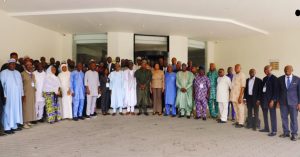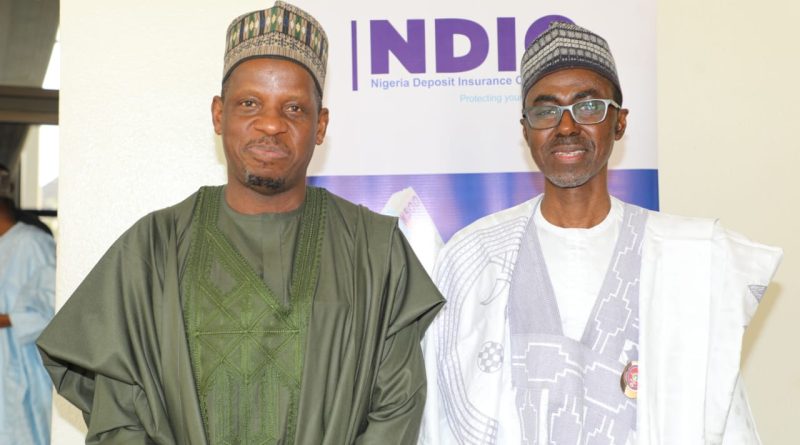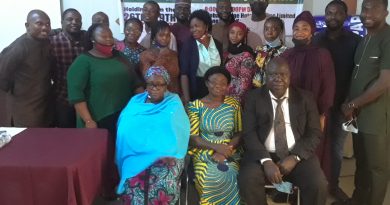NDIC pays over N1.7bn to customers of closed banks
Oru Leonard
Managing Director/Chief Executive Officer, Nigerian Deposit Insurance Corporation (NDIC), Mr Bello Hassan says his establishment has paid insured sum of over N1.7 billion to customers, following the revocation of licenses of Microfinance Banks (MFBs) and four Primary Mortgage Banks (PMBs).
Mr Hassan, said this at the 2023 NDIC Editors Forum, on Saturday in Lagos. with the theme, “Stocktaking of Deposit Insurance Practice: Assessing the Past, Evaluating the Present and Forecasting the Future.”
Hassan recalled that earlier this year the Central Bank of Nigeria revoked the licenses of 183 institutions comprising Microfinance Banks and Primary Mortgage Banks.
“And we quickly advertised and told affected depositors to get the required documents and come forward for verification so that we can pay them the insured amount.
“So, in terms of insured amount, we have paid more than 1.7 billion to more than 22,000 customers and we are calling on those customers that had no Bank Verification Number attached to their accounts to come forward to get their claims verified so that we can pay them the insured amount.
“We are still on that. So, I’m using this opportunity to appeal to those depositors to come forward so that they can be verified and their claims paid.”
The insured deposit is the first claim that NDIC pays to depositors upon revocation of a bank’s licence by the CBN.
The maximum specified limits for the MFB and PMB sub-sectors are N200, 000 and N500, 000 per depositor per bank, respectively.
The NDIC boss said the Deposit Insurance System implemented by the corporation was an important component of the nation’s financial safety net.
He said the corporation’s operations focused on minimising banks’ risks and failures through strict banking supervision, reimbursement of insured depositors in the event of failure, and orderly liquidation of failed banks.
“It complements the efforts of the Central Bank of Nigeria to achieve a secure and stable banking system as well as support the fiscal authority in maintaining stability within the broader financial system, serving as the foundation for economic growth and development,” he said.
Bello Hassan also said the corporation, like other financial safety net players in Nigeria, had been faced with similar challenges that had impacted the nation’s financial system.
These challenges, he said, were caused by two main factors: macroeconomic factors and the changing dimensions of the financial services industry.
“Though some of the challenges are universal, others are unique and domesticated.
“It is within this context that the NDIC aligns itself with the Central Bank of Nigeria’s efforts towards strengthening the banking industry through enhancing prudential thresholds and other regulatory instruments,” Hassan said.




